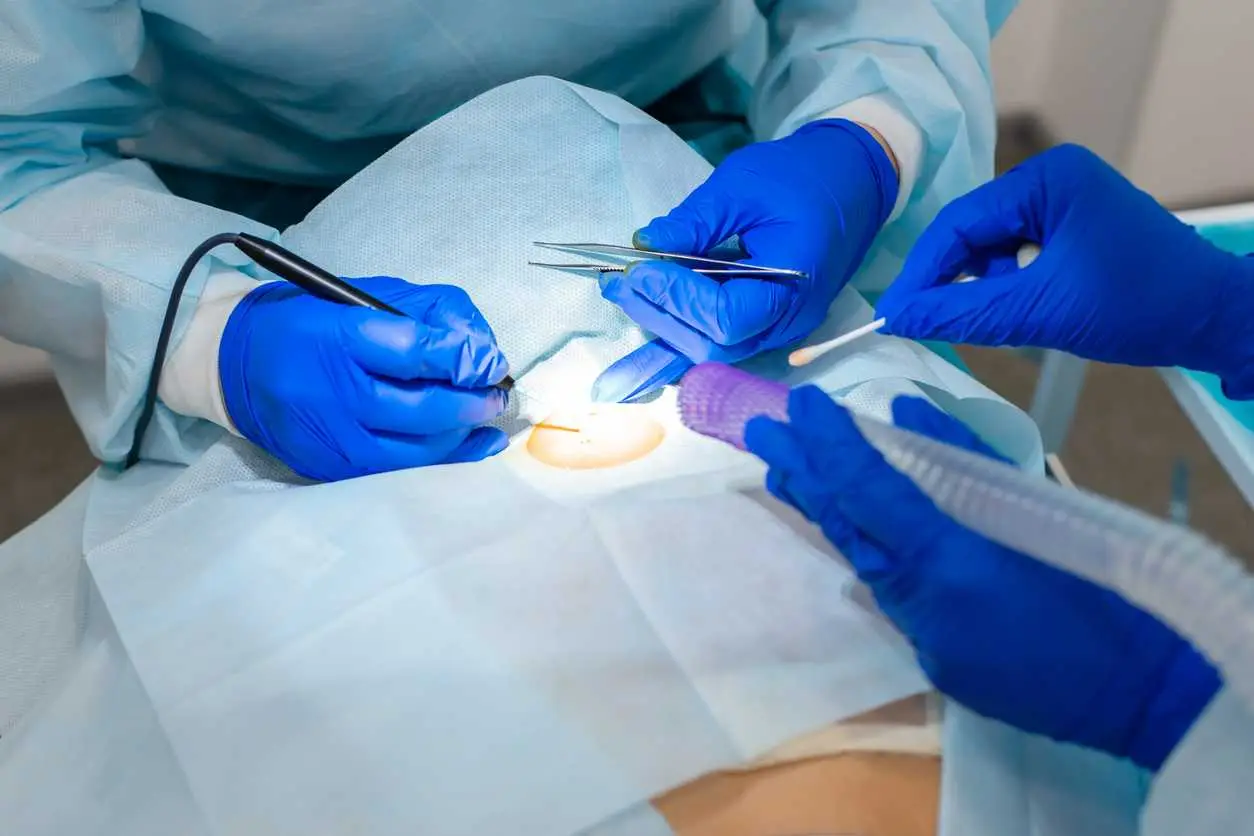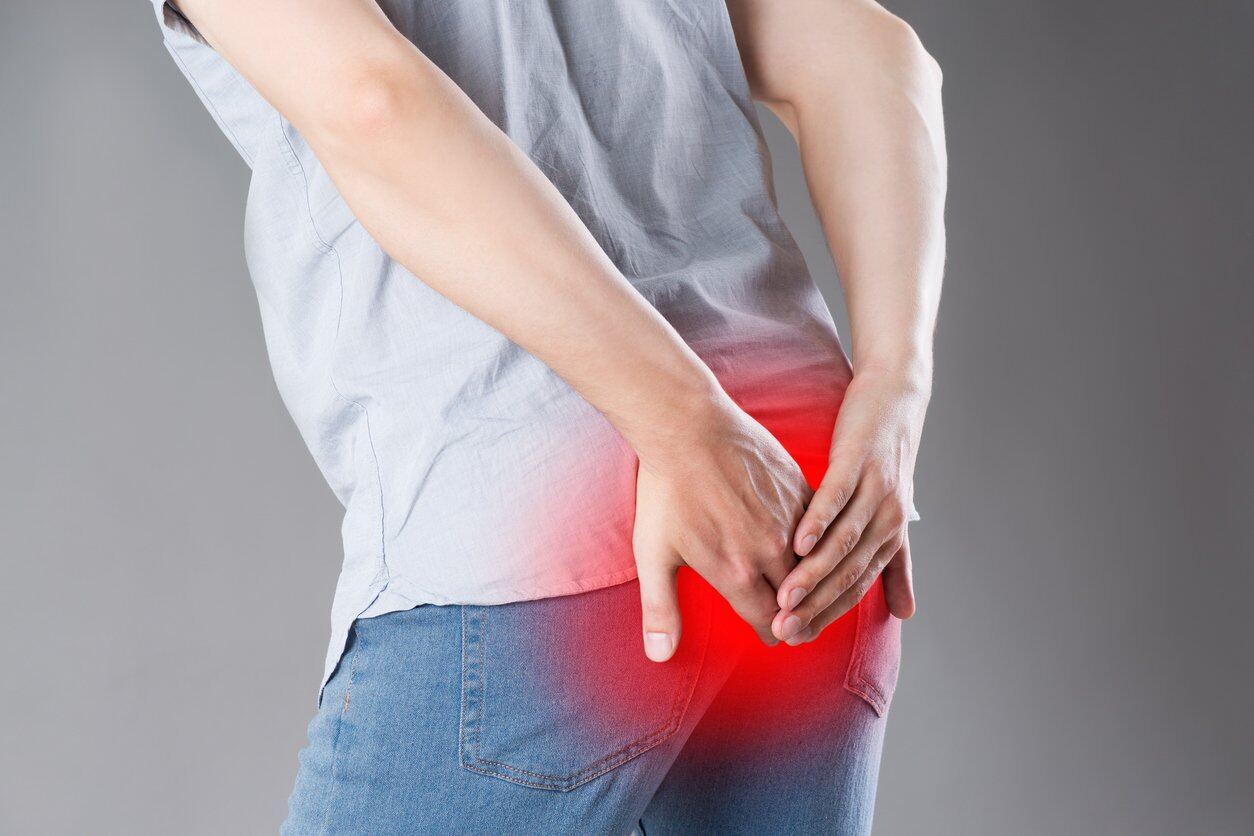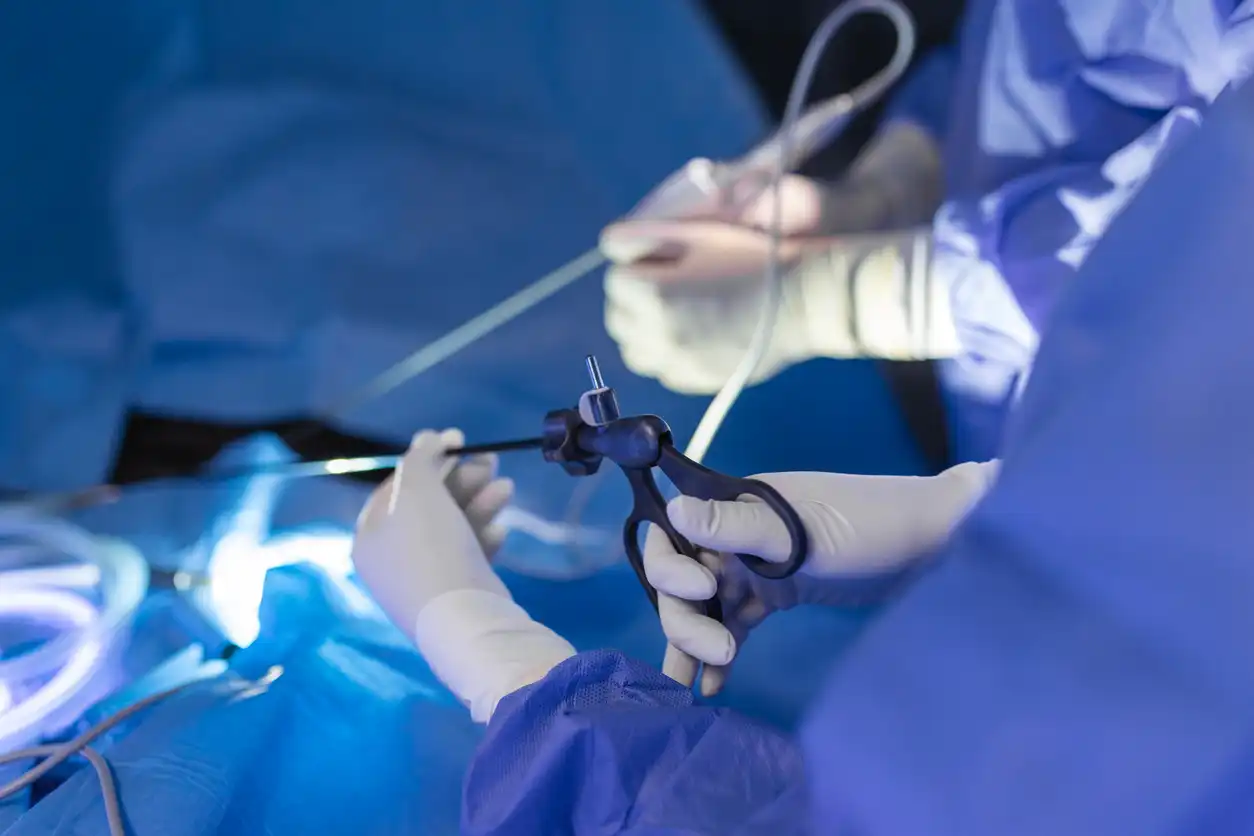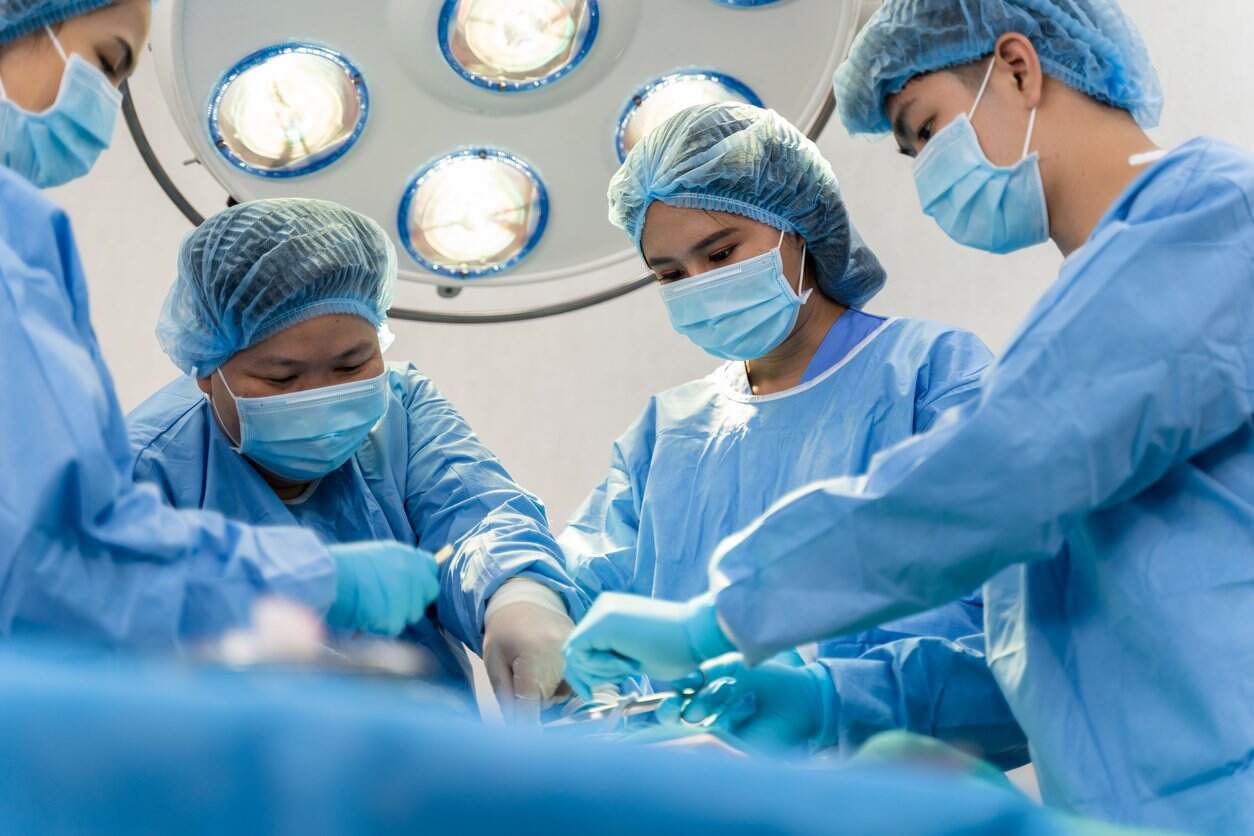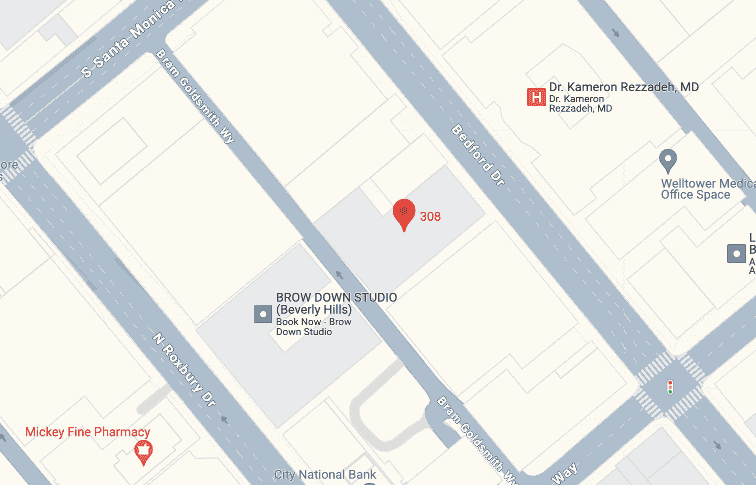Surgery to remove pilonidal cysts has long been a common approach, involving incision, drainage, and sometimes complete excision. However, as medical technology evolves, researchers are investigating alternative methods to improve treatment outcomes.
Among these potential alternatives is laser therapy, offering a new avenue for addressing pilonidal cysts. In this article, we will explore the question: Can laser treatment revolutionize the management of pilonidal cysts, and what do current research and medical opinion suggest about its efficacy?
- Conventional Treatment Approaches:
Traditionally, incision and drainage, antibiotic therapy, and total surgical excision have been the treatments used to treat pilonidal cysts. Although these methods can offer some relief, there’s a chance of recurrence and longer recovery times. In order to improve patient outcomes, researchers and medical experts are often looking into alternative treatments. - Laser Treatment for Pilonidal Cysts:
Over time, the application of lasers in medicine has grown, and research on laser therapy for pilonidal cysts has been conducted. The main principle behind laser treatment is to target and destroy the tissue surrounding the cyst with focused light energy, which promotes healing and lowers the risk of recurrence. - Research and Studies:
The research on laser treatment for pilonidal cysts is still in its early phases, as of the January 2022 cutoff that I am aware of. There hasn’t been much research done to compare laser therapy to more conventional forms of treatment to determine how safe and effective it is. Although some evidence indicates that laser treatment may help shrink the cyst and hasten the healing process, more thorough studies are required to definitively confirm its usefulness. - Challenges and Considerations:
Although the idea of using laser therapy to treat pilonidal cysts seems promising, there are a number of issues and concerns that must be taken into account. These consist of comparing laser therapy with accepted medical practices, determining the ideal laser parameters, and long-term results. Furthermore, laser therapies’ accessibility and cost could have an impact on how widely they are adopted.
Is Hair Removal Necessary After Pilonidal Sinus Surgery?
Whether hair removal is required after pilonidal sinus surgery is one of the often-asked questions. Cysts and contaminated tissue are usually removed during pilonidal sinus surgery, along with the formation of a clean incision. Hair, debris, and skin fragments are frequently seen in the affected area, which is linked to the condition and may play a role in the cyst’s recurrence.
Following surgery, medical professionals could suggest a range of postoperative care strategies to maximize healing and reduce the chance of recurrence. Hair removal in the area surrounding the surgery site is one of these precautions.
Importance of Hair Removal: The goal of hair removal following pilonidal sinus surgery is to stop the illness from returning. Hair encroachment into the sinuses is a common cause of pilonidal cysts, causing inflammation and infection. By shaving the region around the surgical site, one hopes to remove a possible source of recurrence and lessen the chance that a new cyst will form.
Techniques for Hair Removal: Following surgery, medical professionals may use a variety of techniques to remove hair. These techniques can involve shaving, lotions for depilation, or, in certain situations, laser hair removal. The extent of the surgical region, the patient’s preferences, and the advice of the healthcare professional all play a role in the procedure selection.
Though hair removal is frequently advised, it is imperative to proceed cautiously with this procedure. When it comes to hair removal, patients should adhere to the precise guidelines provided by their healthcare professional in order to prevent issues like surgery site discomfort or infection.
Additionally, in order to reduce the chance of recurrence, certain medical professionals could recommend long-term hair removal techniques. Periodic maintenance may be necessary for this, particularly if the patient is prone to profuse hair growth in that area.
What is the Cost for Pilonidal Sinus Laser Treatment?
The price of pilonidal sinus laser therapy depends on a number of variables and must be taken into account. Although pilonidal sinus laser treatment is a new and potentially beneficial alternative, it’s important to understand that the cost may include several components.
- Factors Influencing the Cost:
Rehabilitation Center: The kind of medical facility used for the laser treatment might have a big impact on the final price. Different cost structures may be found in private clinics, academic medical centers, and outpatient facilities. - Geographical Location:
A factor that frequently affects healthcare costs is geographic location. Compared to more rural places, treatment costs may be higher in urban centers and other areas with higher cost of living. - Professional Fees:
A portion of the total cost is attributed to the fees that the medical professionals, including the surgeon and any supporting personnel, charge for the laser treatment. - Preoperative and Postoperative Care:
The total cost should include for the costs of preoperative evaluations, consultations, and postoperative care, which includes any necessary medication and follow-up visits. - Technology and Equipment:
The procedure’s cost may change if cutting-edge laser technology and equipment are used. Ultramodern facilities could cost more money. - Accessibility and Affordability:
Patients should consider the possible advantages of laser treatment against its cost, just like with any other medical procedure. It is important to take into account the patient’s overall financial impact, cost, and accessibility to the treatment. Certain healthcare practitioners might help patients establish an appropriate financial arrangement or give financing solutions.
What Type of Doctor is Certified to Remove a Pilonidal Cyst?
A specialist medical practitioner known as a pilonidal cyst doctor is usually required to handle pilonidal cysts. These surgeons provide a thorough approach to addressing this particular issue because they have received specialized training in the diagnosis and treatment of conditions pertaining to the pilonidal area.
- The Role of a Doctor for Pilonidal Cyst: Surgeons that specialize in treating diseases and problems affecting the colon, rectum, and similar areas are typically general or colorectal surgeons. They are also skilled in treating pilonidal cysts, which frequently need to be surgically removed.
- Qualifications and Certification: General surgery or colorectal surgery training is usually required for a medical professional to become a pilonidal cyst surgeon. In order to remain current in their area, surgeons must finish the required training, pass tough tests, and continue ongoing education. This is demonstrated by board certification in general surgery or colorectal surgery.
- Comprehensive Treatment Approach: Pilonidal cyst surgeons employ a comprehensive approach to managing this condition. Initial diagnosis, preoperative evaluations, surgical intervention, and postoperative care may fall under this category. Because of their specialized knowledge, they are able to customize treatment programs to meet the specific needs of each patient, taking into account pertinent criteria such as the patient’s medical history and the severity of the cyst.
- Seeking a Pilonidal Cyst Surgeon: Individuals who have been diagnosed with a pilonidal cyst or who are exhibiting symptoms want to speak with a trained pilonidal cyst surgeon. Referrals to experts skilled in addressing this particular ailment might be obtained from primary care physicians or other healthcare providers.
Pilonidal Experts – Your Trusted Partner for Pilonidal Cyst Surgery
Are you tired of the discomfort and pain caused by a pilonidal cyst? Look no further than Pilonidal Experts – your dedicated ally in providing specialized surgery to remove pilonidal cyst.
Don’t let a pilonidal cyst disrupt your life any longer. Take the first step towards relief and lasting recovery by scheduling a consultation with Pilonidal Experts, today.

